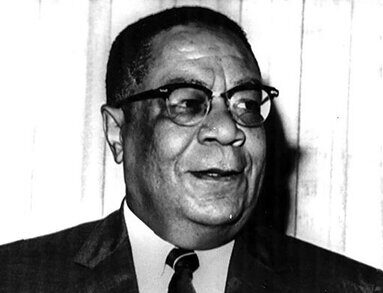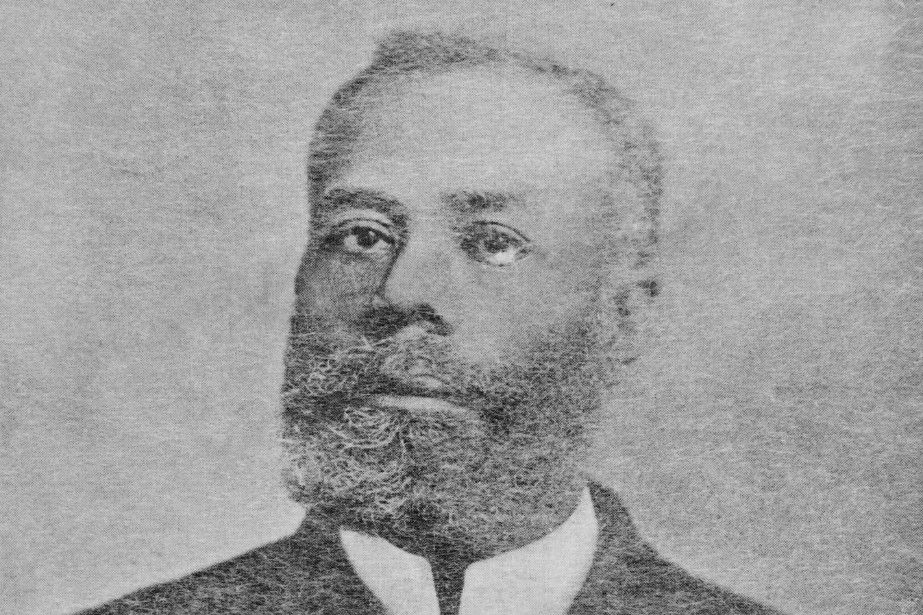This Day In History: August 1st
By the start of the 1800s, there were more than 400,000 enslaved Africans dispersed throughout Britain’s colonies. However, The Slavery Abolition Act of 1833 went into effect on August 1, 1834, and abolished slavery. Despite the passage of the act, it had little effect on the enslaved population in the United States.
During the 16th and 17th centuries, the British Empire began to develop various trade routes that would lead to the international tragedy of the slave trade. Britain emerged as a dominant power by the end of the 1600s when all English merchants were granted access to routes in Africa and the slave trade. However, by the 1770s, there began to be a rise in abolitionism and petitions against the trade.
The slave trade was abolished in 1807 by the British Parliament with the Abolition of the Slave Trade Act. With a ban on the slave trade, the focus began to shift to the topic of slavery itself and what to do with the enslaved population. Anti-slavery groups began to form with the support of women’s associations and religious groups during the 1820s and 1830s.
Additionally, slaveholding Caribbean colonies could no longer compete with the more dominant colonies in Cuba and Brazil so merchants began to push for free trade. With the growing number of abolitionists, Britain’s fluctuating economy and fear of an uprising, the Slavery Abolition Act of 1833 was viewed as a solution to the increasing problems. The Act received Royal Assent on August 28, 1833, but it did not go into effect until August 1, 1834. It did not apply to territories controlled by the East India Company, the island of Ceylon (modern-day Sri Lanka) and Saint Helena.
Slavery was officially abolished in most of the British Empire, but the act only freed those under the age of six. For the rest of the enslaved population over the age of six, they were redesignated as “apprentices” who were to continue working for a set time period. The British Empire also prepared to give compensation to former owners by obtaining a loan totaling 40 percent of its annual budget.








